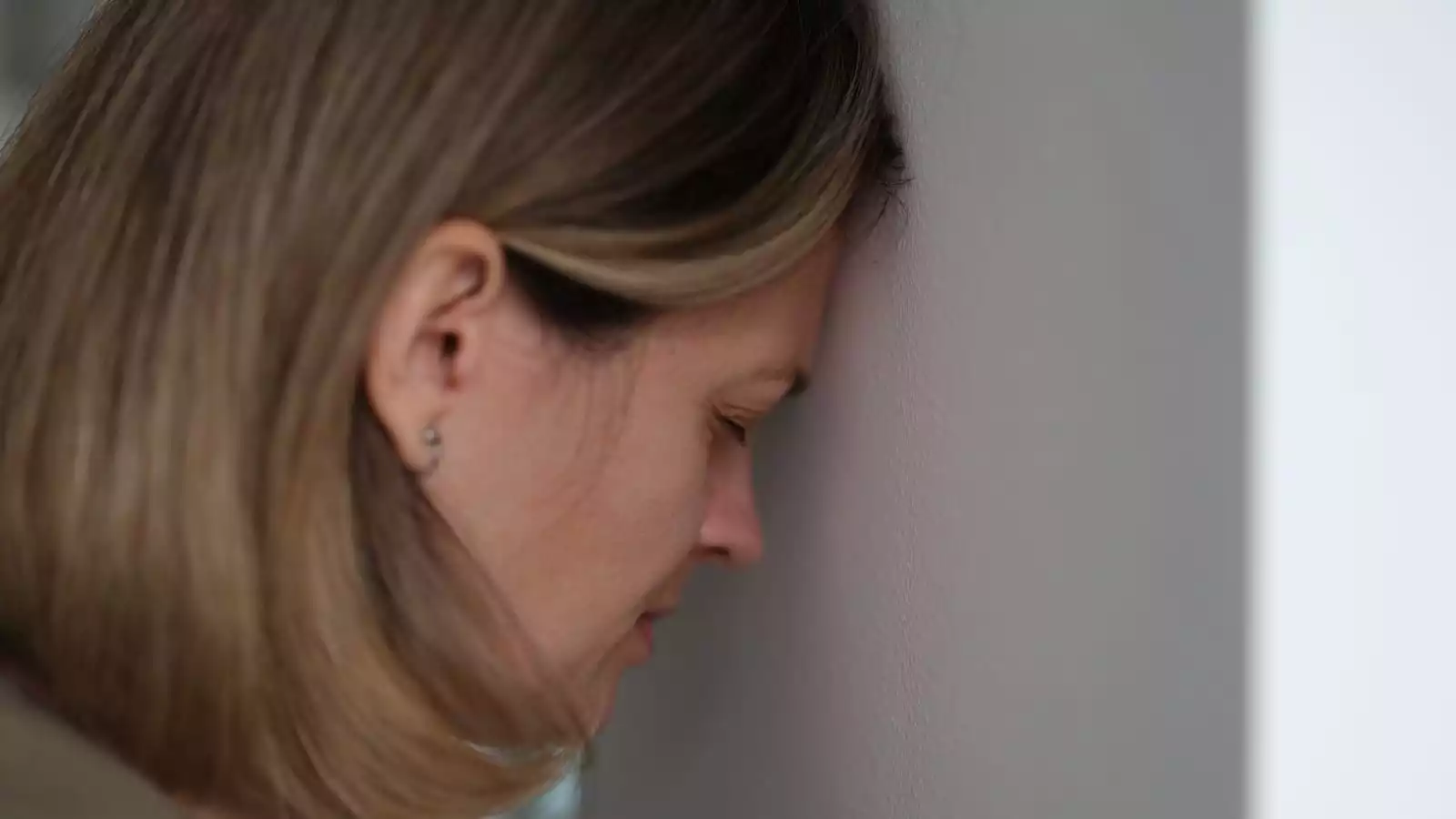This article will help dispel common myths about depression, providing accurate information and promoting understanding to help combat the social stigma around depression. Doing so will help Foster empathy for individuals who are struggling with a mental health condition and encourage everyone to get help when they need it.
Introduction
Today there is a great deal of depression myths that still circulate. These myths can be detrimental, inhibiting those who need help. If individuals still believe common myths about depression, like it’s a sign of weakness or they can just snap out of it, they will be less likely to get help when it’s essential. Dispelling these myths can help foster understanding and empathy.

What is depression?
When you struggle with something challenging, like moving to a new city, starting a new job, losing a friend, going through a divorce, or being involved in a car accident, those acute events can cause acute depression, feelings of sadness, loneliness, and hopelessness.
This is a normal response to a life event, and it will go away with time. But what if it doesn’t go away? What if it doesn’t have a cause, like going through a divorce, and it seems to happen for several months at a time?
Depressive disorders are legitimate mental health conditions that require personalized treatment. When depression doesn’t have a direct cause, or the symptoms persist for months or years at a time, it’s no longer regular feelings of sadness associated with a direct event but rather a mental health condition that requires professional treatment.
Too often, people can’t differentiate between depression myths and facts, so they still believe that their feelings of perpetual sadness are just a sign of weakness or that they are too young to be struggling with depression. Addressing these myths of depression is essential to fostering understanding and empathy and encouraging others to get help when it’s needed.
Common myths about depression
Depression is just feeling sad
Depression myths usually start with someone saying that depression is the same as feeling sad. It isn’t. This is a significant misunderstanding.
Depression can be brought about by acute sadness, but sadness can be associated with something happy, like reflecting fondly on a family pet who just passed away and feeling both happy and sad at the same time. Depression doesn’t have any positive associations. Moreover, depressive symptoms can last for months or years without going away on their own.
When you struggle with depression, you’ll face feelings other than just sadness. You might struggle with emptiness, isolation, tension, or anxiety.
Depression is a sign of weakness
Other common myths about depression are that it’s a sign of weakness and that people who get depressed are simply weaker than others.
This is absolutely not true. depression can affect anyone regardless of age, gender, nationality, culture, religion, or any other characteristic. Social stigmas have caused people to perpetuate these myths about depression.
Depression is a legitimate mental health disorder that has nothing to do with weakness or strength. If you are struggling with depression, you can reach out to a mental health professional and get the support that works.
Depression is all in your head and not real
Common myths of depression include the fact that it’s all in your head or it’s not real. But depression isn’t all in your head. It’s a mental health disorder that takes treatment to manage. If you struggle with depression, you can’t just turn it off.
The reason so many people fall victim to these depression myths and facts is that people around you might only see the emotional part of depression, they only see it when you don’t act like yourself, but they don’t see the physical part of depression where you can feel physically ill.
You can just “snap out of it”
Of the many depression myths and facts, one of the most common is that someone struggling with depression can just snap out of it. It’s a common misconception that people who are depressed are choosing to be that way, and they could just as easily choose not to be.
With depression, symptoms don’t just go away with time, and having a loved one who encourages you to snap out of it won’t fix it either.
Thankfully, with depression, you can find legitimate treatment no matter where you are, and things like therapy or medication can help you alleviate some of your symptoms, learn to identify triggers, cope with your symptoms, and control them so that they don’t control you.
Only “certain types” of people get depressed
Some people believe that there are only certain types of people who deal with depression, but that’s not true. Depression doesn’t discriminate. No one chooses to deal with depression, and every type of person can develop a depressive disorder.
Medication is the only solution for depression
Another common myths about depression are that medication is the only treatment. Medication is just one type of treatment, but research indicates that medication is much more successful if it’s used in conjunction with therapy.
In fact, for many people, medication might only be necessary at the start of treatment or might not be necessary at all. Therapy like cognitive behavioral therapy is particularly effective in dealing with depression, recognizing automatic thought patterns and emotional responses, and working to change them.
Therapy offers a chance to speak with a licensed professional one-on-one and identify the things in your past that may have impacted your depression and set goals for improving parts of your depression over which you have control.
Children and teens can’t experience depression
Anyone can experience depression. Men, women, children, and adults. If you see signs of depression in yourself or your loved ones, no matter their age, it’s important to speak with a mental health professional about personalized treatment.
Once you’ve had depression, you’ll always be depressed
Some myths about depression are that once you’ve had it, you’ll always be depressed, and it will never go away. But that’s not true. Depression doesn’t have to be a regular part of your life. Just because you have struggled with depression doesn’t mean you’ll have to deal with it forever.
There are several types of depression. Some people struggle with acute depression because of things like:
- Trauma
- The loss of a loved one
- Moving to a new city
- Divorce
- Having a baby
- Seasonal changes
Take postpartum depression, for example; this is something that occurs during pregnancy or after birth in women. But with treatment, it can be managed, and it doesn’t have to be something that you’ll always struggle with. It might be something that you will be at risk for each time you have a child, but you’ll know that treatment is available.
Similarly, acute depression brought about by a significant change or life event might be something that triggers an underlying depressive disorder, but with a proper personalized treatment plan, you can learn to manage your symptoms and not be depressed forever.

Summing up
Information, if you are struggling with catastrophic thinking disorder, it might be time to integrate practical tips on a daily basis but also consider reaching out to a mental health professional. Catastrophic thinking treatment can help you when your symptoms become overwhelming. Self-awareness and healthy thinking patterns are essential for good mental well-being, but it is always in your best interest to ask for help when you need it.



